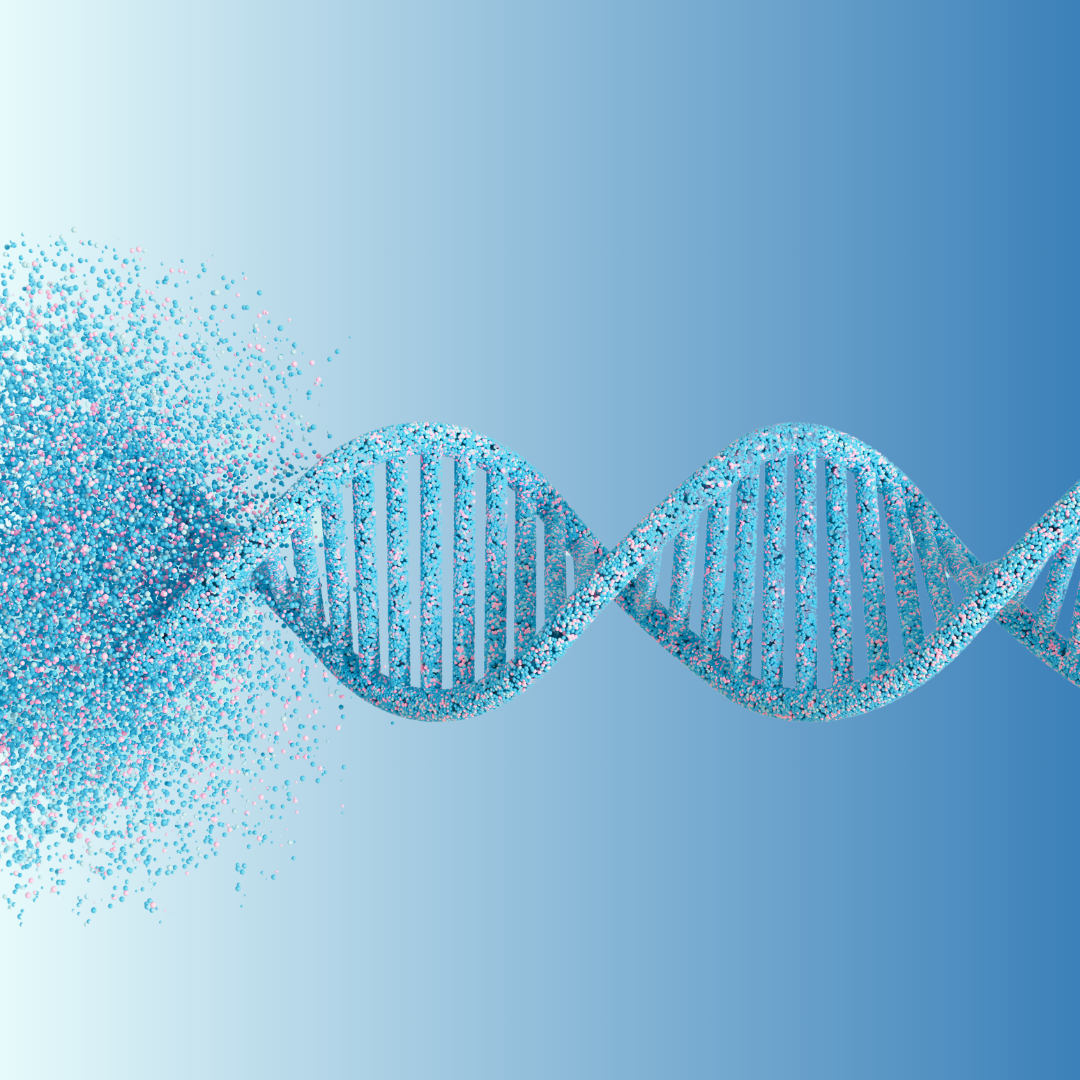Money and murder: the dark side of the Asilomar meeting on recombinant DNA
By Matthew Cobb,
Nature
| 02. 17. 2025
On 24 February 1975, some 150 people met at the Asilomar Conference Grounds near Monterey on the Californian coast. They were mostly scientists from the United States, together with representatives of various companies and government agencies, and 16 journalists. Their subject was the new technology of recombinant DNA — molecules created in a laboratory by stitching together genetic material from different organisms. Researchers were excited by the possibilities for discoveries, and the potential of the technique to produce drugs, for example using specially engineered bacteria to make insulin. But they were also terrified that they might inadvertently create diseases that could infect lab workers and the wider community.
By the end of the meeting, its participants had agreed to adopt biosafety protocols that are still in force in the United States, and which have hugely influenced similar regulations worldwide. The meeting has become known simply as Asilomar, a byword for how a scientific community came together to forge consensus on a thorny topic. It is often held up as an example of how science can self-regulate without the involvement of...
Related Articles
By David Jensen, California Stem Cell Report | 02.10.2026
Touchy issues involving accusations that California’s $12 billion gene and stem cell research agency is pushing aside “good science” in favor of new priorities and preferences will be aired again in late March at a public meeting in Sacramento.
The...
By Alex Polyakov, The Conversation | 02.09.2026
Prospective parents are being marketed genetic tests that claim to predict which IVF embryo will grow into the tallest, smartest or healthiest child.
But these tests cannot deliver what they promise. The benefits are likely minimal, while the risks to...
By Mike McIntire, The New York Times | 01.24.2026
Genetic researchers were seeking children for an ambitious, federally funded project to track brain development — a study that they told families could yield invaluable discoveries about DNA’s impact on behavior and disease.
They also promised that the children’s sensitive...
By Arthur Lazarus, MedPage Today | 01.23.2026
A growing body of contemporary research and reporting exposes how old ideas can find new life when repurposed within modern systems of medicine, technology, and public policy. Over the last decade, several trends have converged:
- The rise of polygenic scoring...




